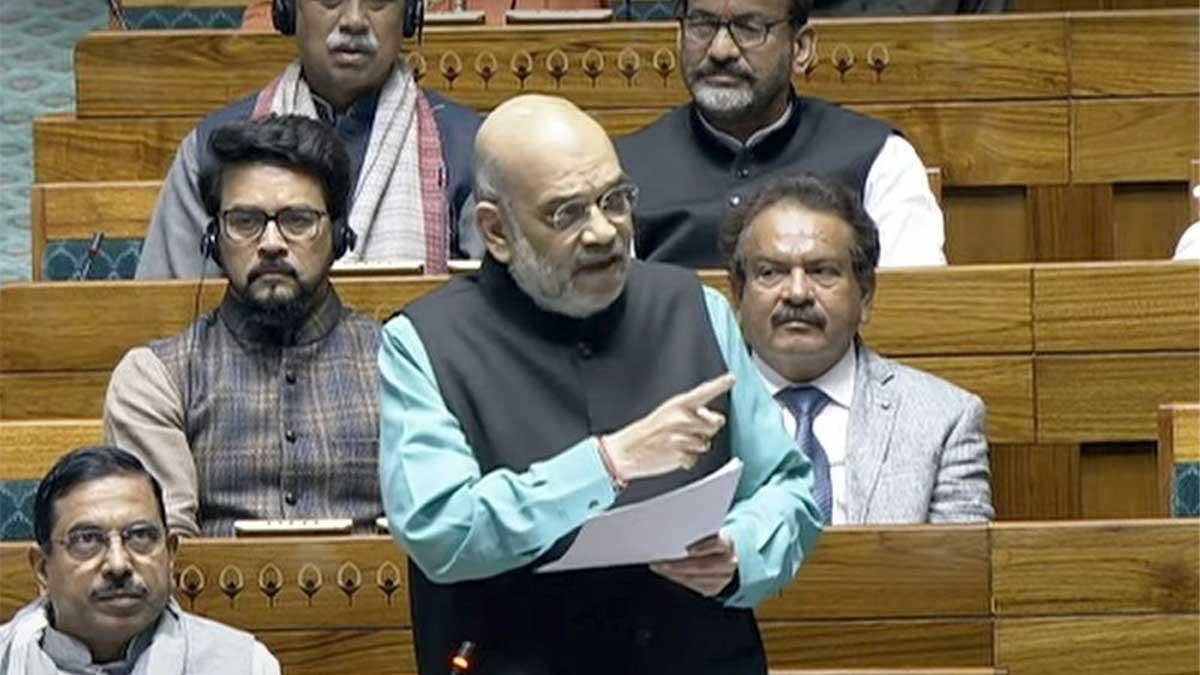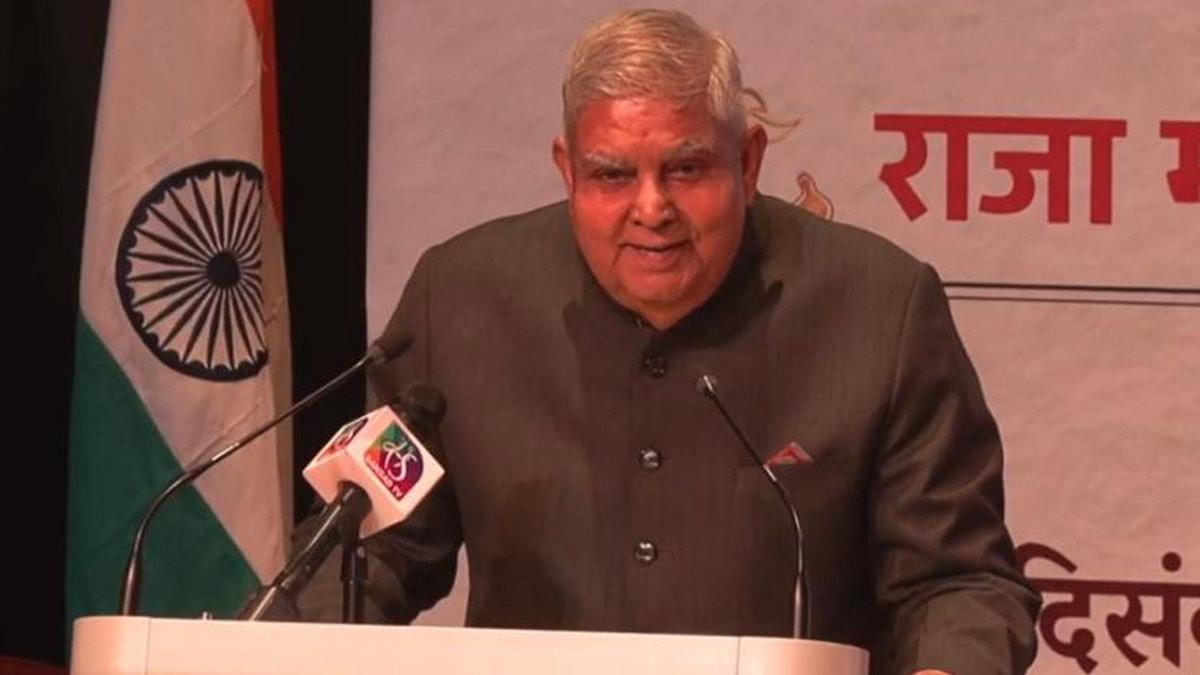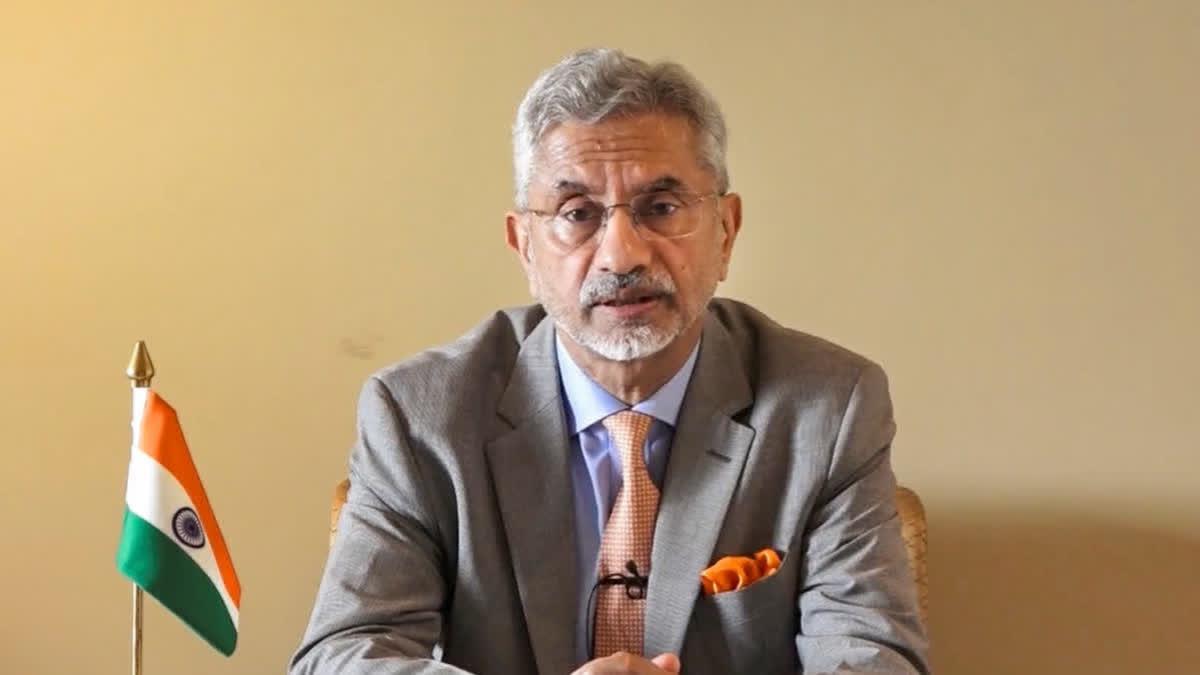The recent notification from the Union Home Ministry marks a significant step towards implementing the Citizenship Amendment Act (CAA), a crucial aspect of the BJP's 2019 electoral agenda. This act aims to offer citizenship to individuals belonging to specific faiths who have faced persecution in neighboring countries such as Pakistan, Bangladesh, and Afghanistan, and who arrived in India prior to 2015.
Primarily targeting non-Muslim communities including Hindus, Sikhs, Jains, Buddhists, and Parsis, the CAA seeks to provide a legal pathway for those who fled religious persecution in their countries of origin before December 31, 2014.
Despite facing resistance and widespread protests from the Muslim community and opposition parties, the CAA was passed by the Parliament in December 2019. Home Minister Amit Shah has reaffirmed the government's commitment to implementing the CAA before the upcoming Lok Sabha elections scheduled for April/May.
Addressing concerns regarding the exclusion of Muslims from the act, Minister Shah clarified that the legislation focuses on protecting minorities facing religious persecution in Islamic countries. He emphasized that Indian citizens, including Muslims, need not fear any repercussions as a result of the CAA.
In response to allegations of discrimination and communal polarization, the Home Minister stressed that the intent of the CAA is to extend citizenship rather than revoke it. He assured that individuals granted citizenship under this act would have their legal cases closed and their business interests protected.
Furthermore, Minister Shah highlighted the significant decline in the minority population in Pakistan and Bangladesh due to persecution, leading to their forced migration to India. He attributed the need for the CAA to the failure of historical agreements, such as the Nehru-Liaqat pact of 1950, to safeguard the rights of minorities in these countries.
Overall, the notification of the CAA rules represents a pivotal development in India's citizenship framework, aimed at addressing the plight of persecuted minorities and upholding the nation's commitment to inclusivity and humanitarianism.
Read also | PM Modi: Anticipating a New Chapter in the Rise of Women Power in My Third Term


















